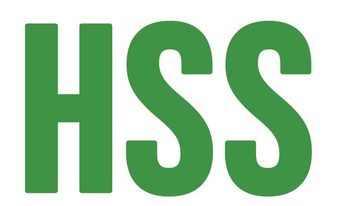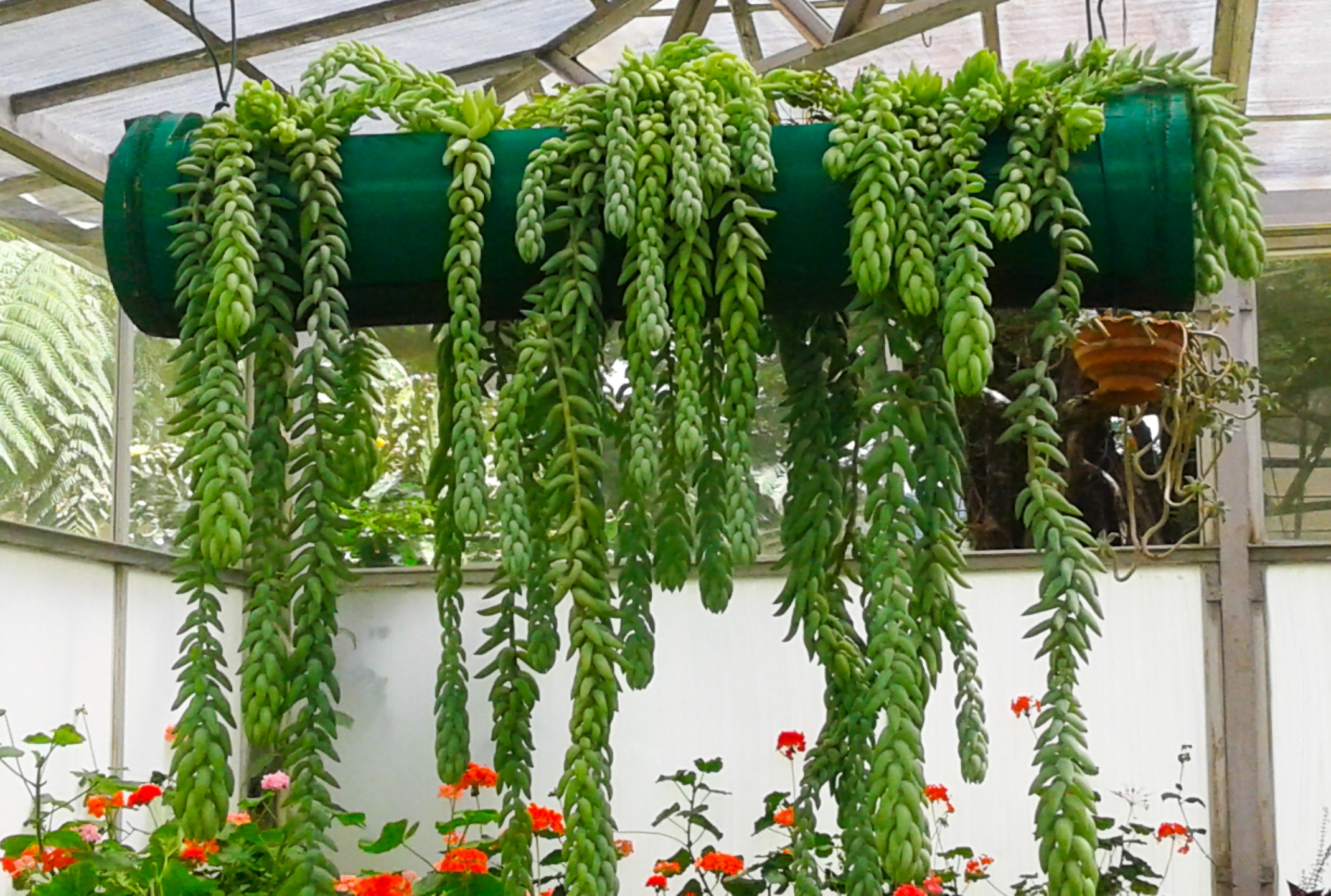Since childhood, you've been hearing that plants need water and sunlight to grow. While water and sunlight are critical to their growth, so is food. Yes, plants also eat! Not the same kind of food that we eat, but they also take in and consume nutrients, just like us! Plants get their nutrients from the soil.
Unfortunately, most garden soils don't have adequate nutrients to help plants grow their best. That's where you need the right fertilizer for your plants.
In this post we'll cover:
-
Why Do Plants Need Fertilizer?
-
Organic Fertilizers VS Synthetic Fertilizers
-
Organic Matter For Your Garden
-
Is A Soil Test Necessary?
-
What Is N-P-K?
-
How To Choose Fertilizer?
-
How Often Should I Feed Plants
-
When Should I Fertilize My Plants?
-
How To Use Fertilizers
-
Fertilizer For Houseplants
-
What Is The Best Fertilizer For Your Garden
Based on our 10 years of experience in plant nutrition, we have some practical plant fertilization tips to share with you. Let's begin.
Why Do Plants Need Fertilizer?
Pretty much like humans, plants require nutrients for proper growth and health. They take nitrogen (N), phosphorus (P), and potassium (K) in the highest quantities. These three nutrients are called macronutrients.
Other than the macronutrients, plants also take in several micronutrients. Though micronutrients are just as important to plant growth as macronutrients, they are required in much smaller quantities. Boron (B), Zinc (Zn), Manganese (Mn), and Iron (Fe) are some important micronutrients. There are others too.
If the garden soil is deficient in the essential plant nutrients, plants will respond with symptoms such as smaller leaves, stunted growth, yellowing of leaves, fewer blooms, and fruits. You can amend the garden soil with fertilizers so the plant roots can access all the nutrients they need for proper plant development. Fertilizers offer a specialized combination of plant nutrients to ensure healthy plant growth even when the soil is deficient in nutrients.
Organic Fertilizers VS Synthetic Fertilizers
When choosing fertilizers, the first choice you'll need to make is between organic and synthetic fertilizers. While both varieties provide nutrients to the plants, the difference lies in how they perform their task.
Organic fertilizers are made of organic material and naturally occurring mineral deposits. These fertilizers are not water-soluble and release nutrients into the ground gradually over time. For this reason, most gardeners incorporate organic fertilizers into the soil in the fall, months before planting seeds or seedlings in the garden bed.
During this interval, the slow-release organic fertilizers trigger microbial activities in the soil, breaking down the organic material into water-soluble nutrients, readily available to plant roots. Microbial activities not only make nutrients available to the plants but also improve the soil structure while breaking down organic matter, which is just as important for a healthy garden.
Synthetic fertilizers consist of water-soluble nutrients, readily available to the plants. You don't need to wait months after incorporating them into the soil for the nutrients to be available to the plants. You can offer synthetic fertilizers in the recommended amounts and frequencies throughout the growing season to keep the plants nourished and avoid common deficiencies. Humboldts Secret Starter Kit offers a set of specialized fertilizers to cater to the plant's nutrient requirements through different stages of development.
Organic Matter For Your Garden
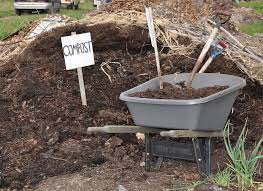
While fertilizer takes care of your plants ongoing requirements, organic matter is very important for your soil's long-term productivity. Organic matter in the form of plant and animal residues decomposes into the soil over a period of months or years, improving the soil structure and enriching it with nutrients.
Plants need soil rich in organic matter. There are different forms in which you can add it to the soil. Compost, aged manure, shredded leaves and peat moss are all excellent sources of organic matter.
Is A Soil Test Necessary?
Before you start adding in fertilizer to your soil, it's important to learn what's missing and what's not. Of the several nutrients that plants require, your soil may be self sufficient in some, and deficient in others. The best option is to do a soil test to be sure what's needed. Without a soil test, you might be adding fertilizers the soil doesn't actually need. An overdose of nutrients is just as damaging to the plants as an underdose, sometimes even more. The soil test will also tell you the current soil pH, so you know if any adjustments are needed.
Take soil samples to your nearest county extension office and have it tested. The soil test report will give you a complete overview of the nutrient concentrations and soil ph. With the results you'll know exactly what kind of fertilizer your soil needs to grow a lush garden.
Since the plants continue using up the nutrients, the nutrient concentrations continue changing. It's a good idea to test the garden soil annually to keep up with its latest fertilizer requirements.
What Is N-P-K?
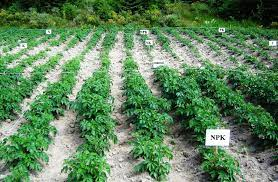
Fertilizer packages often have the label N-P-K on the package. What is the NPK ratio and what does it have to do with your plants? N P K represents the proportions of Nitrogen, Phosphorus, and Potassium in fertilizers. When choosing a fertilizer for your plants, you need to know what combination of NPK should suit them best. For example, Humboldts Secret Base A formula is 4-0-1. This means that it contains 4% Nitrogen, 0% Phosphorus, and 1% Potassium by weight. The remaining 95% is composed of essential micronutrients including Calcium, Magnesium, and Fulvic Acid.
How To Choose Fertilizer?
As a beginner to gardening, you'll find all-purpose fertilizers ideal for much of your gardening requirements. The combination of Base A and Base B formulas in Humboldts Secret Start Kit offers a complete macronutrient profile (nitrogen, phosphorus, potassium and others) to cater to your plant's requirements throughout its growth. Continue applying these at the recommended frequencies and concentrations throughout the growing season and your plants will be happy.
However, when growing specific plants, especially in a soilless system, where there is no other source of nutrients apart from fertilizers, you'll need to supplement with other specialized nutrient combinations as well. Starter Kit makes it easy for you since it comprises of 6 unique formulas with complete guidelines on which plant phases and plant types require the specific formulas.
For example, Flower Stacker is best fed to the plants later in the season to boost blooming. Tree Trunk offers a specialized combination of nutrients to strengthen cell walls for sturdier stems and stronger plants.
How Often Should I Feed Plants
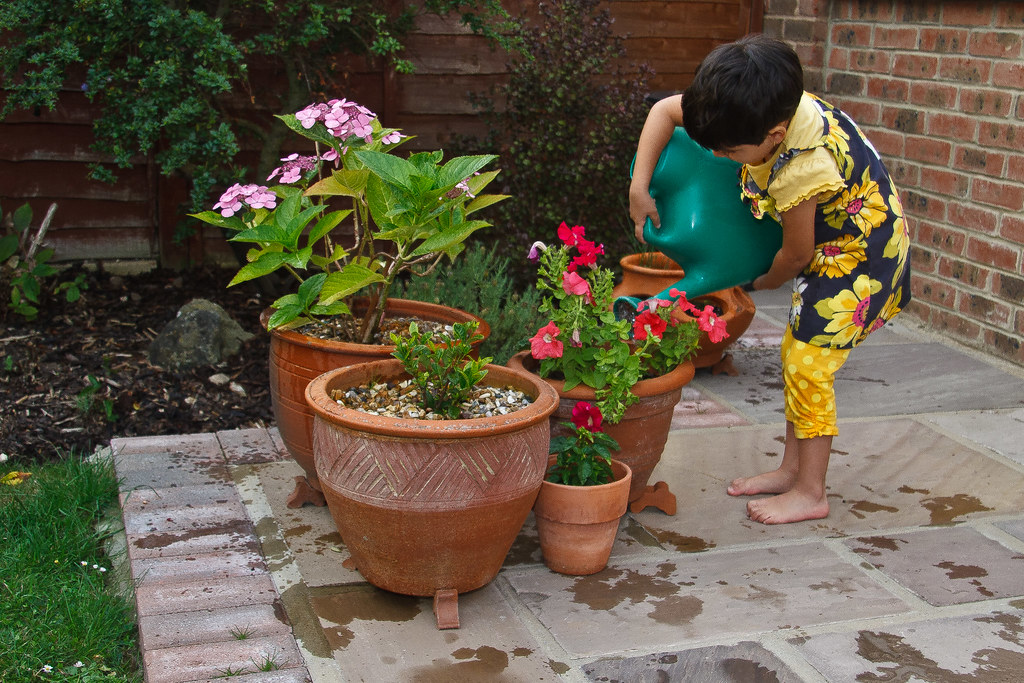
Different plants have different nutrient requirements.
Heavy Feeders
Certain plants are categorized as heavy feeders and need to be fed more often through the growing season. Annuals like tomatoes, cabbage, broccoli and onions are heavy feeders and need to be fed multiple times during the growing season. These plants need to be fed once a month with liquid fertilizers. This is in addition to the soil preparation that you do in the fall using organic fertilizers.
Herbs
Certain plants, like herbs, don't need to be fed all that often, especially when grown in soil. Typically, soil amended with organic fertilizers in the fall is enough to keep your herbs growing optimally. An overdose of synthetic fertilizers through the growing season will although boost the green growth, it will dilute the flavors of the leaves.
Perennials
Perennials and shrubs, such as coneflower, mint and agave don't need to be fertilized as often as annuals. as long as you keep the soil mulched with compost and organic matter, they'll gradually decompose and continue replenishing the soil of the lost nutrients. Additionally, you may want to feed them with liquid fertilizer or slow-release granular fertilizer once in the beginning of spring to boost growth.
Hydroponics
Hydroponically growing plants don't have access to soil and its available organic materials. they rely on fertilizers alone to cover their nutrient requirements, and will therefore need to be fed more often than garden grown plants. Humboldts Secret Starter Kit comes with a feeding schedule. Just follow the chart given on the page and your plants will stay happy.
When Should I Fertilize My Plants?
Plants should only be fed during their active growing season. Perennials are typically fed during the spring and summer months when the plants are growing actively. Avoid feeding during the winter months since that's the time when they're dormant. If plants are fed during winters, especially with nitrogen-rich formulas, green growth is triggered which poses a risk of frost damage. Some slow-release organic materials, such as poultry manure, may be applied to the plants in late winters or early spring to prepare them for the upcoming growing season.
How To Use Fertilizers
There are different methods to feed your plants. Choose a method that suits the kind of fertilizer you have and the kind of results you are trying to achieve. Depending on the method of fertilization you choose, you can either make the nutrients available quickly or slowly to the plants.
Soil Drenching
With soil drenching, you prepare the plant food by mixing the liquid fertilizer in water according to the recommended ratio. The prepared solution is drenched into the soil surrounding the plants. The method is similar to watering the plants, except that you're using the fertilizer solution instead of plain water. Humboldts Secrets fertilizers are ideal for soil drenching.
Foliar Feeding
If the plants are showing deficiency symptoms, gardeners often go with foliar feeding as it brings the fastest results. Just prepare the solution using the same method as above, add it to a sprayer bottle and spray it on the plants leaves. The plants will soon recover from the symptoms. However, foliar feeding doesn't have much impact on long-term plant nourishment.
Side Dressing
Granular organic and synthetic fertilizer are side dressed around the base of the plants. these are slow-release fertilizers that gradually nourish the soil, making nutrients available to the plant over an extended period of time.
Fertilizer For Houseplants
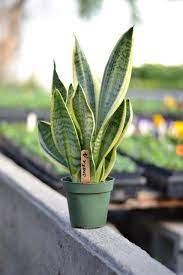
Fertilizer is even more important for houseplants and container grown plants than it is for garden plants. This is because there isn't much soil surrounding these plants. Once the plant use up the available share of nutrients, there's no surrounding soil to replenish the supply.
Start by planting in quality potting soil. If the potting soil doesn't already contain fertilizer, amend it with a slow-release granular fertilizer to support plant growth. The granular feed will keep the plants nourished for the first 3 to 4 months. After this time, you'll need to supplement with liquid fertilizers once a month to sustain healthy growth.
It's a good idea to dilute the liquid fertilizer at half the recommended strength since most houseplants are not heavy feeders and half the dose is sufficient for them. Over-feeding is even more damaging than underfeeding, so be careful not to go overboard.
What Is The Best Fertilizer For Your Garden
There is no one best fertilizer for your plants. The reason is that your plants nutrient requirements keep changing as it progresses to different stages of growth. As a seedling, it requires more nitrogen for active green growth. Blooming and fruiting ask for more phosphorus, potassium and calcium and less of nitrogen to trigger the development of flowers and fruits.
Keeping in mind the changing requirements of your plants, Humboldts Secrets Starter Kit is an excellent choice for you. Even if you've just started off with gardening, you don't need to get into the technicalities of which fertilizer to use when. Just follow the chart and you're good to go.
Conclusion
So now you know why your plants aren't looking their best. Are you ready to take your gardening game to the next step and have a flourishing garden that will make the neighbors jealous? Order Humboldts Secrets Starter Kit today and enjoy the garden of your dreams!
